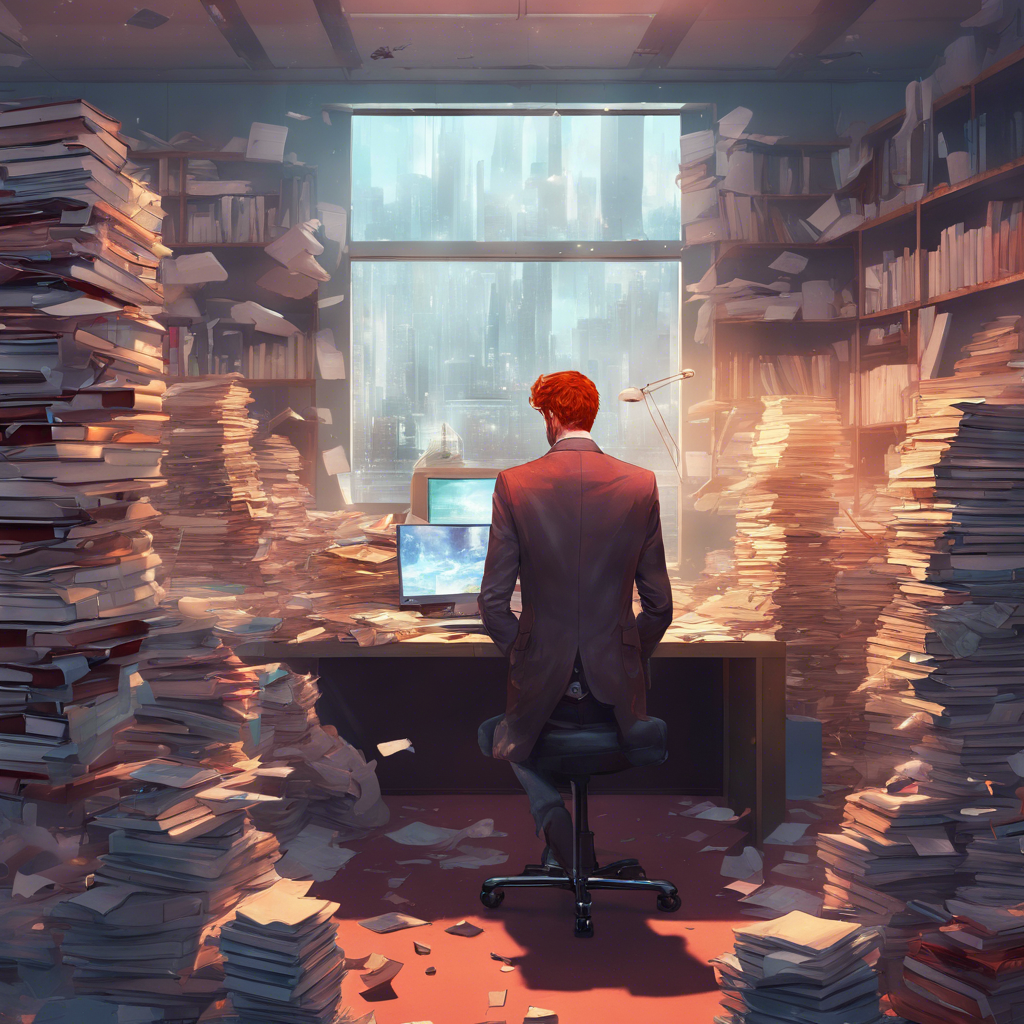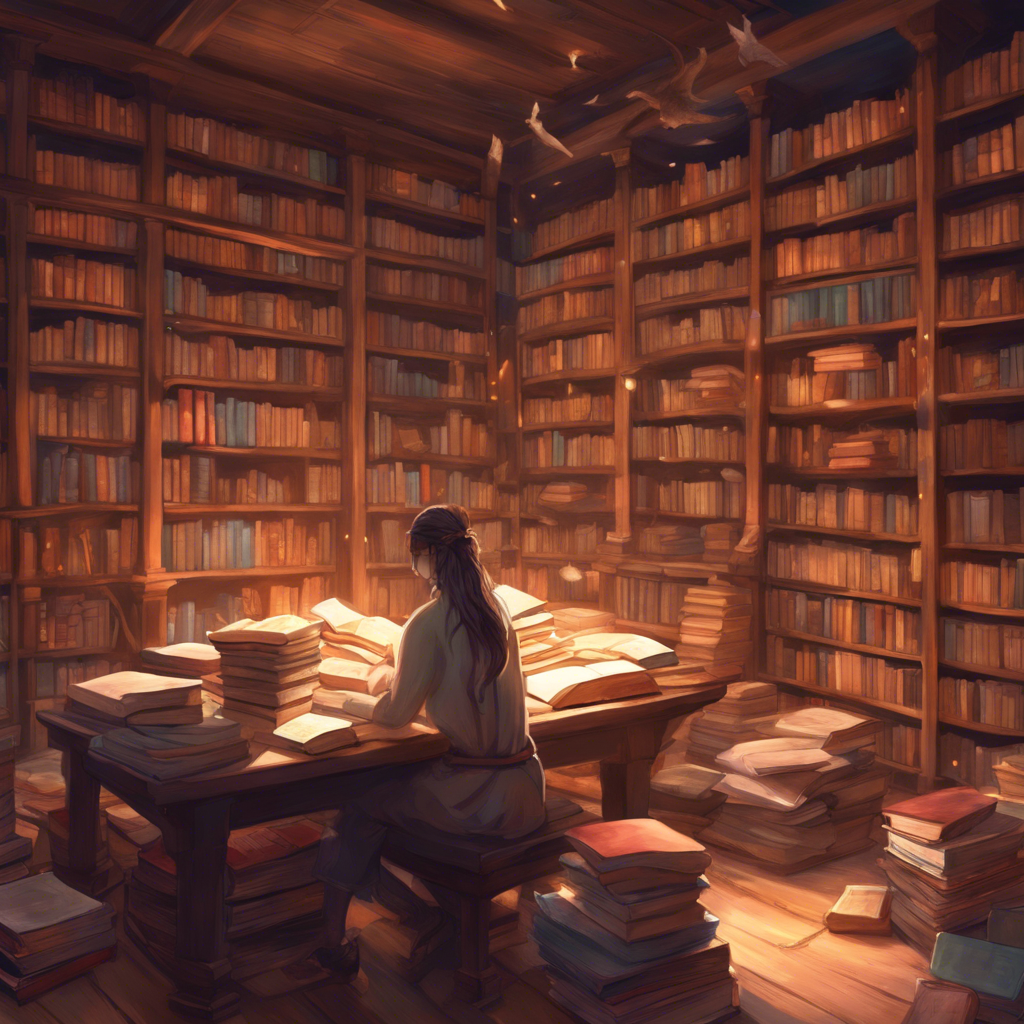The author considers independent presses and small literary publications / journals as he begins to co-found one himself.
I am anxiously awaiting an update from my lawyer re: the non-profit independent publishing house that I’m founding. After the collapse of SBD, I’m considering a slight change of course for the press. All I know, for certain is that my journal has a name (DBA Mid-Atlantic Concern) funding, & a resistance to any prescriptive mission-statement.
To figure out what I’d actually like an independent press to publish, I’m revisiting all the journals & presses & independent publications I’ve loved, hated, & read over the years. One of my primary projects circa 2015 was a comprehensive analysis of the type, nature, form, & aesthetics of extant literary presses based on the work they publish.
I’ve decided to continue that meta-analysis; I’m in the process of compiling every piece of literary art published between 2005-2025, which, I know from past experience, will yield some useful insights into the state of American letters. It’ll be interesting for writers, readers, & regular stat-sheet-nerds.
In the mean time, I am sending out several manuscripts of speculative prose-poems in that the material, which is based off my award-winning thesis. In my first workshop at Iowa, Jim Galvin asked me after reading my poems, “why not just write fiction?”
I am collecting all literary art published between 2005-2025 for meta-analysis. Reading may be a subjective experience, but objective conclusions can (and must) be made from close reading.
I’m distinct from most writers I’ve met in my particular preference for data, information, & spreadsheets, over, say a blank page. Most days, I’d prefer to invent a poem generator rather than achieving further success as a writer.
There are a few reasons for this:
- First, I believe in a maximally perfect literature is endlessly achievable (the criteria of which, as you’ll see, adheres to a measurable & bounded standard) in the same way a religious person probably imagines Heaven;
- Second, I do not consider myself essential to the process of achieving that ideal form of literature, except that realizing this form obviously depends on a writer’s participation;
- Third, I am diagnosed with Pure-O, alternatively, perfectionism OCD, defined by the DSM V as x, y, z. Of the three, the third matters least—I don’t experience much discomfort
The distinction between poetry & fiction & non-fiction is more than meaningless, but opposed, suppressive to the production of good writing; a hangover from nationalist, imperial, colonial, Judeo-Christian impulses that continue to negatively inform so many of the traditions that represent the bedrock of Western Civilization.
I recommend the forum on pg. 153 of Fence’s Vol. X, organized by Edgar Garcia, named “What’s the Problem With American Poetry Right Now?”, which includes a piece by Joyelle McSweeney—another professor of mine—whose opening piece is captivating, jarring & at best completely unconcerned with anything but an aesthetic, artful, playful, & mired in metaphor, figurative (like other featured Ariana Reins). The titular question for plain clarity, becomes the thing obscured, avoided.
I think it made me think about it more and really consider why I was choosing to add this to my routine

Serious or popular writers will, fairly often, acknowledge that their work defies easy categorization in interviews; this feeling is often attached to a particular project, or to a broader didactic impulse to explain the functional difference between non-fiction/memoir, creative non-fiction, & fiction.
The popular acknowledgement of this & other principaled concerns is unfortunately insufficient to motivate change (they way change might occur if several authors began to insist, or, really, accept that their work is not comfortably inhabit the binary of fiction/non-fiction); it also does not stop authors from participating, pursuing and endorsing the current model of publishing.
Fairly lonely in this conviction for most of my life, as I watched every outfit publishing “hybrid” or anti-genre work go bankrupt, dissolve, insolvent–even as
I reassert proudly outperform/bullish in my forecast for a market-wide reorganization that will deprioritize genre. AI’s potential impact on publishers is quickly becoming a kinetic one. Until recently no longer relevant, except to describe bad writing manufactured by markets, & it is not clear to me why so many programs & writers are interested in maintaining it


